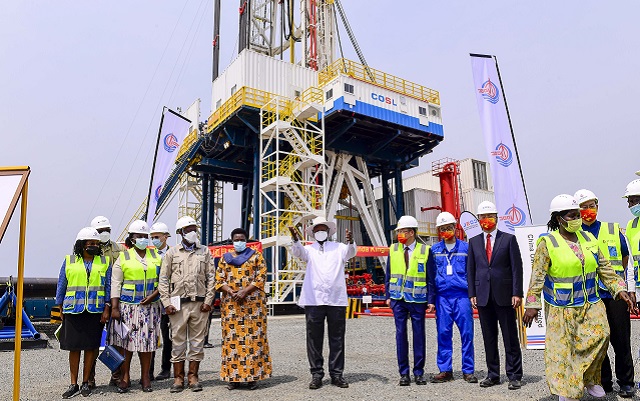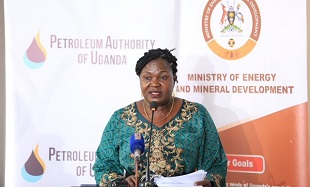A Mixed Bag of Achievements and Concerns
Uganda’s oil and gas sector has been a focal point for both economic development and controversy. The industry is poised to play a significant role in the country’s future, but it faces a series of hurdles that demand a critical review. In this feature, we delve into the state of Uganda’s oil sector, examining the achievements, challenges, and the path forward.
African Energy Week: Promises and Realities
As African leaders and energy sector stakeholders convene in Cape Town, South Africa, for the African Energy Week, there’s an unmistakable sense of optimism regarding the fight against energy poverty by 2030. However, it’s essential to scrutinize whether these aspirations are more than mere slogans. President Museveni’s words on Uganda’s potential in the oil and gas sector underscore the significance of the industry. Despite this promise, it’s crucial to examine the industry’s progress and partnership requirements.
The Oil and Gas Sector: Achievements So Far
Uganda’s journey towards its first oil production in 2025 has seen notable achievements. The commitment of the government, private sector, and partners has led to investments worth billions of dollars, creating employment opportunities and stimulating related sectors. The departure of Tullow presented challenges but also led to the successful transition of responsibilities from the government to private sector players.
National Content and Economic Impact
National content has been a key focus in Uganda’s oil and gas sector. Data from the Petroleum Authority of Uganda (PAU) indicates substantial progress in promoting local participation. With over 73% of companies supplying the sector being Ugandan, and millions of dollars channelled into the local economy, there have been economic gains. Furthermore, the industry is expected to significantly boost Uganda’s GDP, with investments of $15-20 billion ahead of the first oil production.
Areas for Improvement: Collaboration and Compliance
While there have been significant achievements, there remain areas where Ugandan companies need improvement. Collaboration and compliance are essential. Oil and gas operations require adherence to stringent standards, making it imperative for companies to work together, share expertise, and join forces to secure contracts, generate revenue, and contribute to sector growth and the economy.
Balancing Progress and Environmental Concerns
Despite Uganda’s vast oil resources, there are environmental concerns and opposition from activists. The country’s estimated oil reserves are substantial, but recoverable volumes are a fraction of the total. Opposition to the oil project isn’t necessarily adversarial; it serves as a check to ensure compliance with regulations and responsible environmental practices.
Uganda’s oil and gas sector has achieved substantial progress and holds the potential to be a key driver of economic growth. However, it also faces challenges that demand a collective effort from the government, private sector, and stakeholders to navigate. The industry’s success depends on effective collaboration, compliance, and a balanced approach to environmental concerns.




















